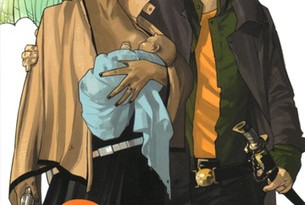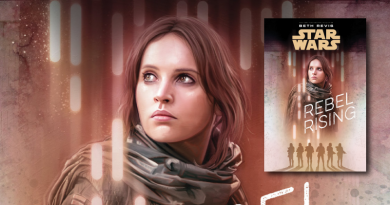The Democratization of Storytelling
People told stories before they could be written down. They were communicated around campfires and scratched into cavern walls. Languages were born. The invention of paper and roads gave rise to civilization and culture. The people who controlled the civilizations became patrons of storytellers, and thereby the gatekeepers of which stories gained mass exposure. For the previous several decades, publishers and producers have been the patrons and gatekeepers of our contemporary stories.
The rise of the digital age has challenged the status quo. Fans can interact directly with one another on social media. They share their passion for stories they love and learn of new stories they wouldn’t otherwise have known about. Digital entertainment also has exponentially broadened the range of available stories for fans to spend their entertainment dollars on. Fans no longer have to become consumer-patrons of the stories the erstwhile gatekeepers offer to them.
Even more recently, crowdsourcing funding platforms like Kickstarter and Patreon allow anyone to support an intriguing story idea. Now fans can be the direct patrons of projects they want to see come to fruition. Producers didn’t want to take a risk on a Veronica Mars movie; fans got it made. The original writer on The Vampire Diaries L.J. Smith was removed by the franchise; thanks to Kindle Worlds, fans can now read the story’s conclusion as Smith envisioned it.
Everywhere you turn, fans are becoming an important part of the storytelling equation. PBS Digital Studios discusses the power of the fan in its video “The Future of Fandom.” The process of change is only just beginning.
For updates on all things FANgirl follow @FANgirlcantina on Twitter or like FANgirl Zone on Facebook. At times she tries the Tumblr.
- Hyperspace Theories: Bad Luck Ghorman - June 2, 2025
- Hyperspace Theories: One Year Later as ANDOR Kicks Off Season Two - May 15, 2025
- REVIEW: Tales of the Underworld - May 4, 2025










